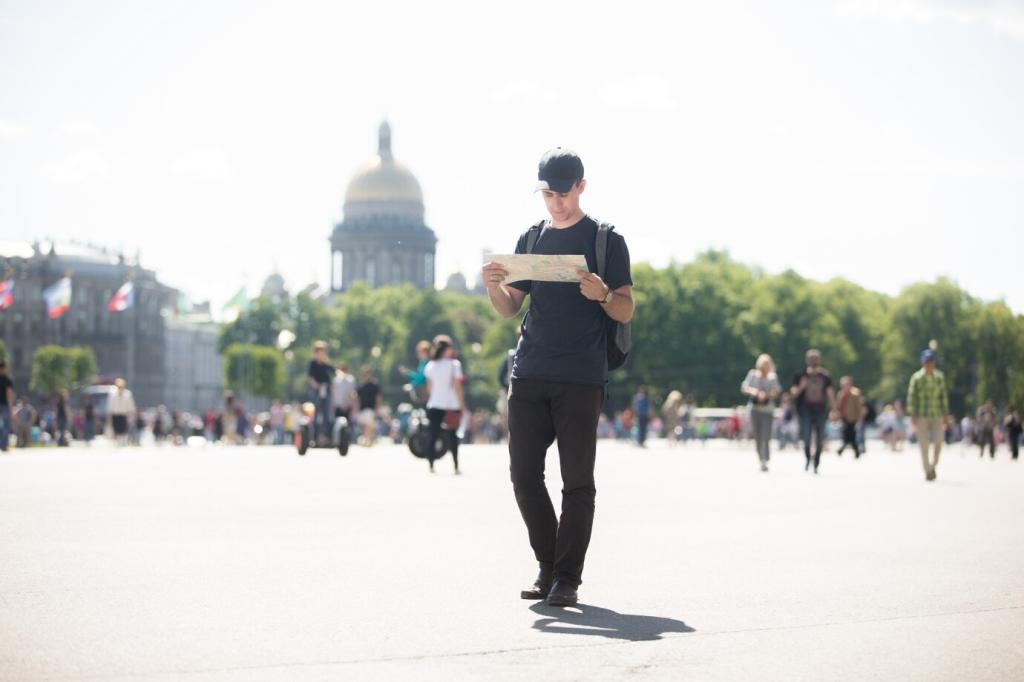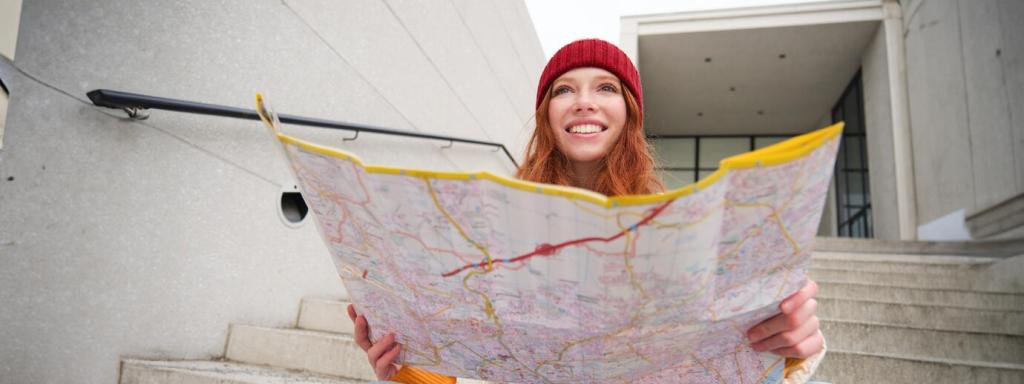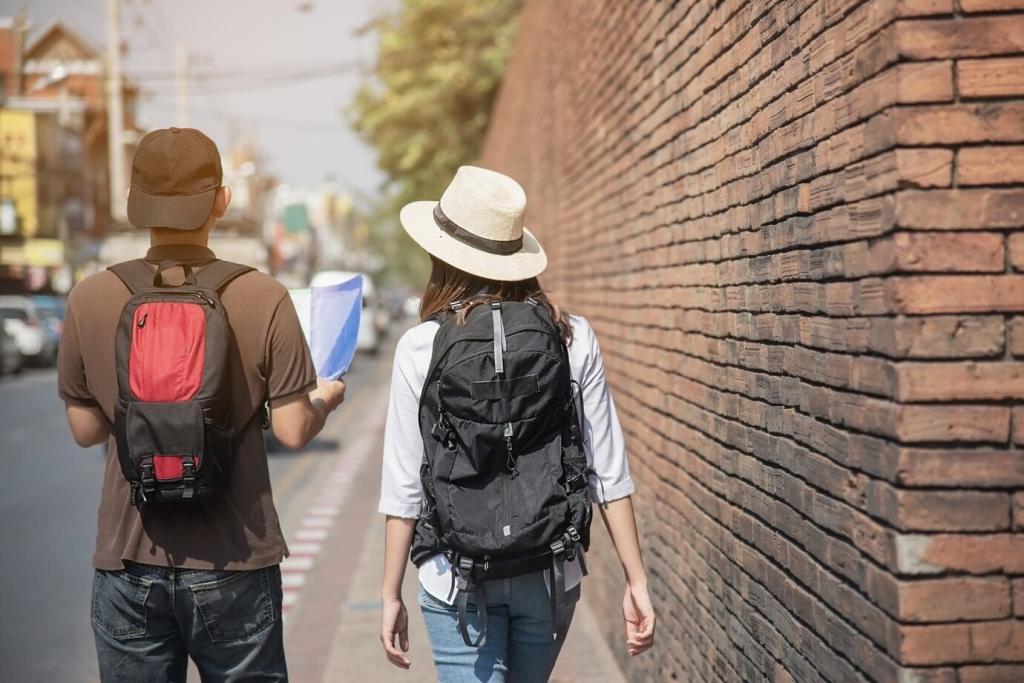The Evolution of City Skylines: Horizons That Tell Our Human Story

Art Deco Heights and the Drama of the 1930s

Chrysler vs. Empire State: A Race Skyward
With a secret spire assembled inside its crown, the Chrysler Building briefly clinched the height record in 1930, only to be surpassed by the Empire State Building. That duel etched competitive daring into the DNA of skylines.

Rockefeller Center’s Composed Ensemble
Rather than a lone champion, Rockefeller Center offered a choreographed skyline—terraces, towers, and public art in harmony. It showed that a skyline could be a chorus, not just a solo, elevating urban life at multiple scales.

A First Glimpse from the Ferry
Ask any newcomer: the skyline reveals itself like a story’s last page first. A foggy ferry ride, a sudden break of sun, and steel turns into memory. What was your first skyline sighting that felt like arrival?



Resilience and Craft: Engineering the Invisible
Tuned Mass Dampers and Dancing with the Wind
Giant pendulums like Taipei 101’s 660-ton damper counter sway so buildings feel calm even in storms. It is choreography on a colossal scale, where physics becomes comfort for the people working hundreds of meters above streets.
Seismic Strategies from Tokyo to Mexico City
Base isolation, ductile frames, outriggers, and performance-based design let towers flex without failing. In quake-prone cities, resilience shapes skylines as surely as aesthetics, embedding safety into the very silhouette we admire.
Timber Towers and Hybrid Futures
Mass timber high-rises demonstrate low-carbon strength with warmth and speed of construction. Hybrids marry steel, concrete, and wood, suggesting future skylines could be lighter, renewable, and beautifully tactile without sacrificing performance.

Vertical Forests and Urban Heat Relief
Green roofs, planted balconies, and shading façades cool neighborhoods while sheltering birds and pollinators. As cities heat, planting the skyline becomes infrastructure, turning towers into living canopies that protect people at ground level.

Mixed-Use Towers and the 15-Minute Ideal
When workplaces, homes, schools, and markets stack, daily life compresses into walkable circles. The skyline becomes a map of convenience, reducing commutes and returning precious hours to people instead of traffic.
